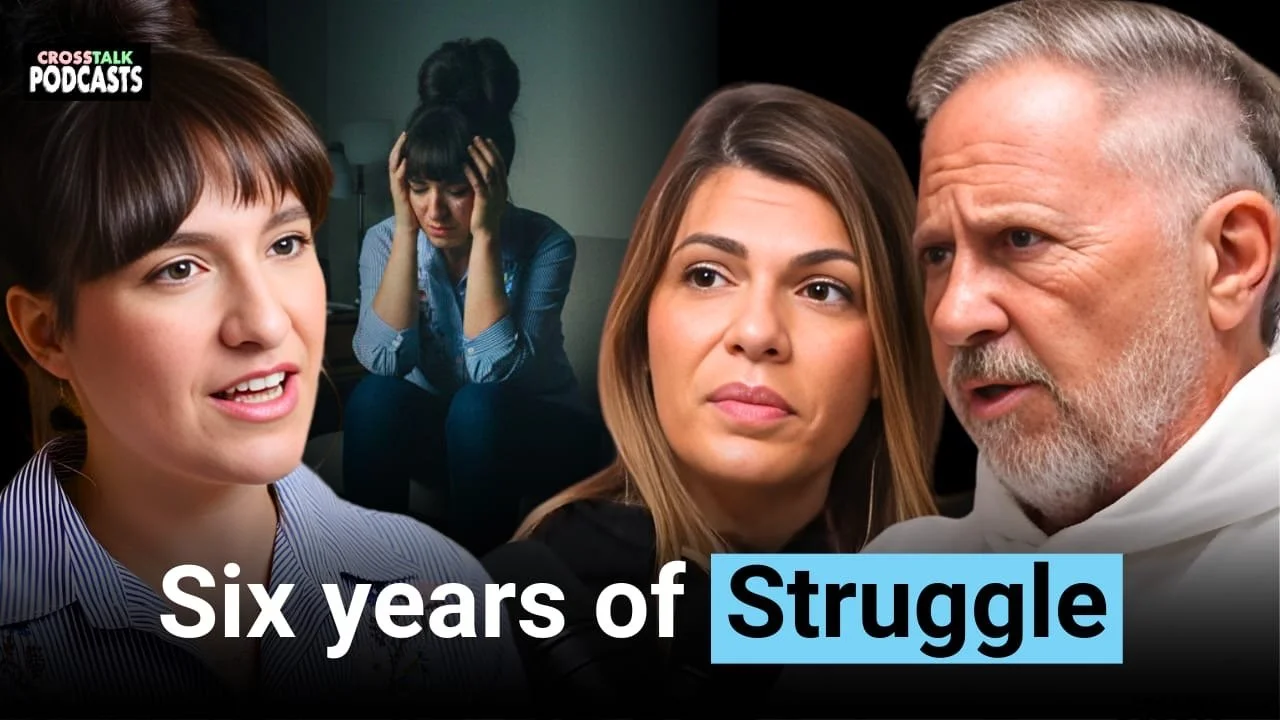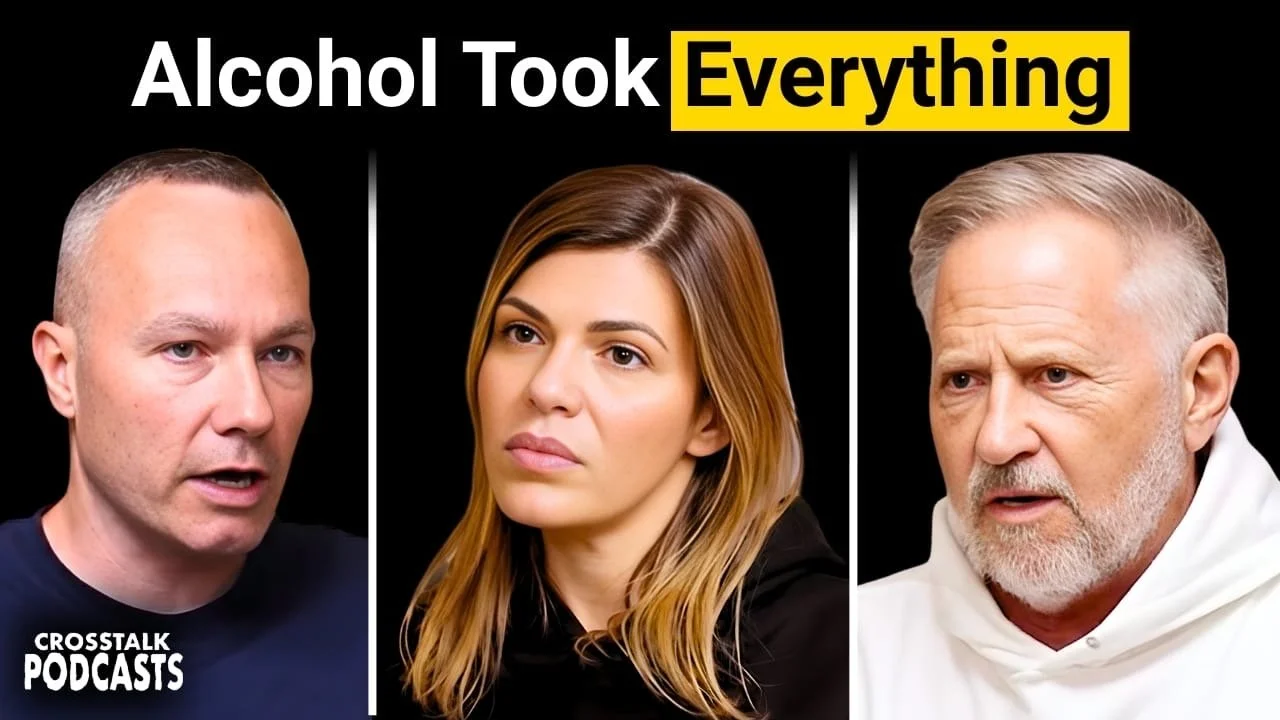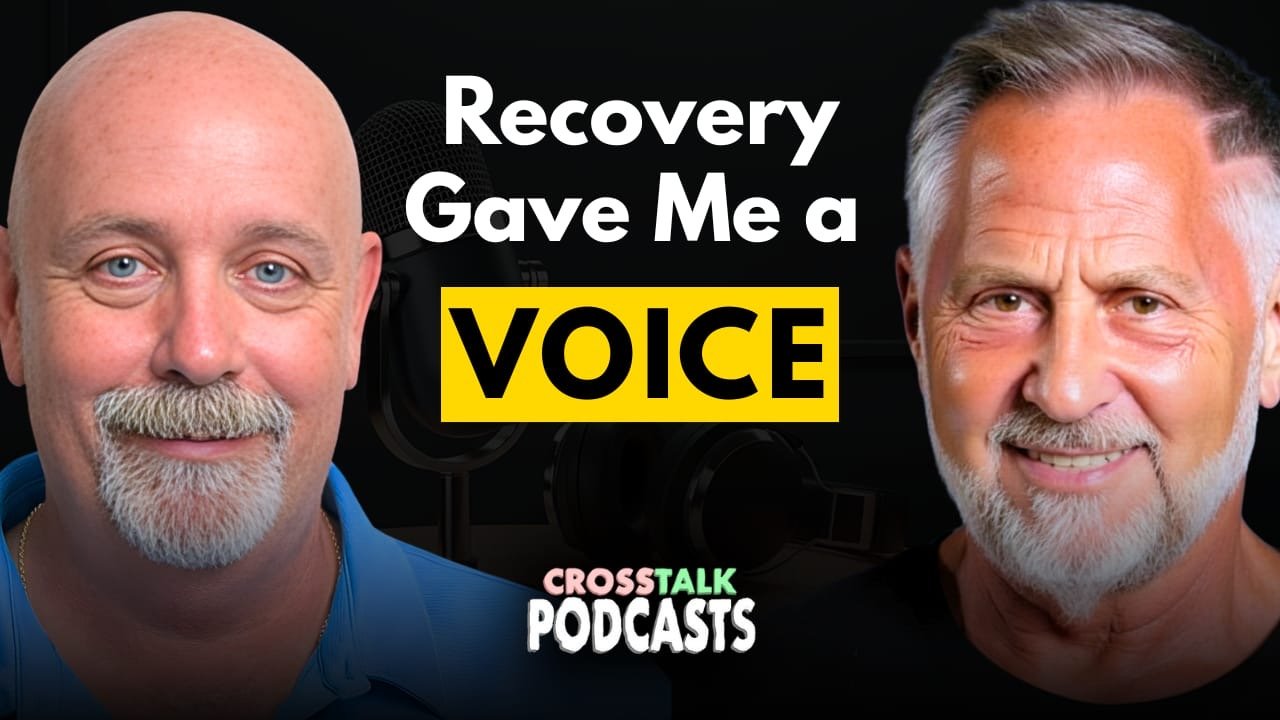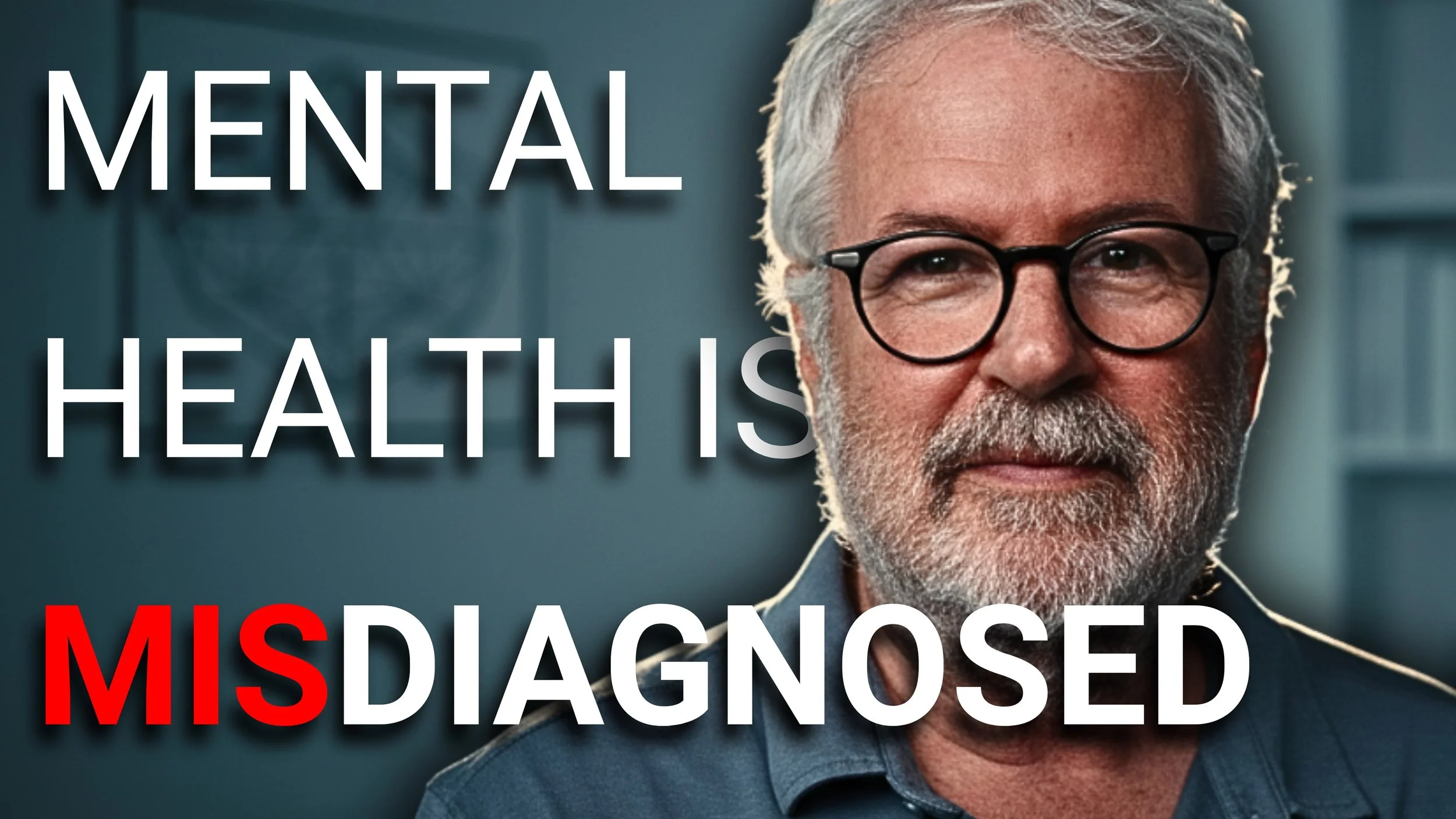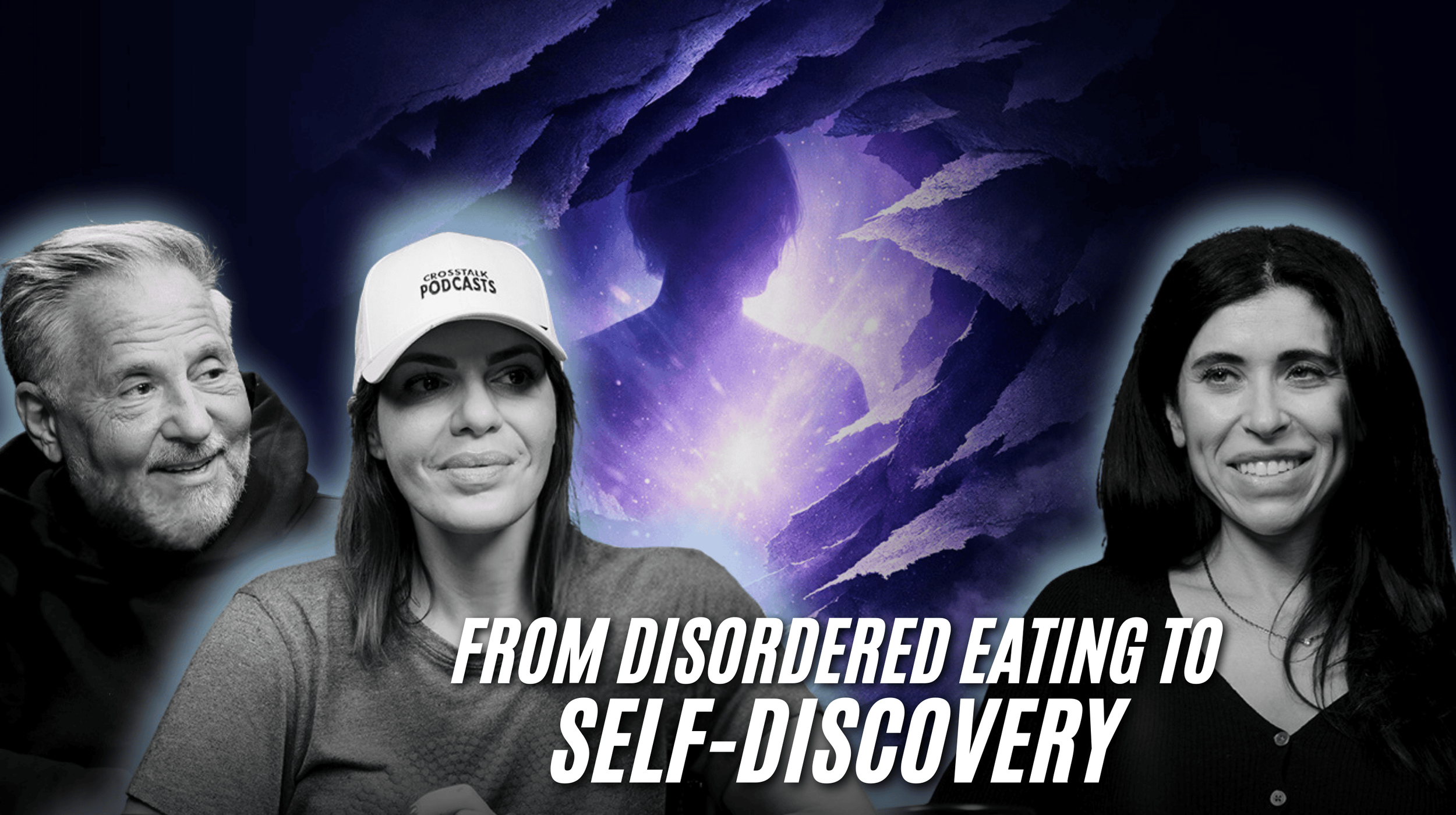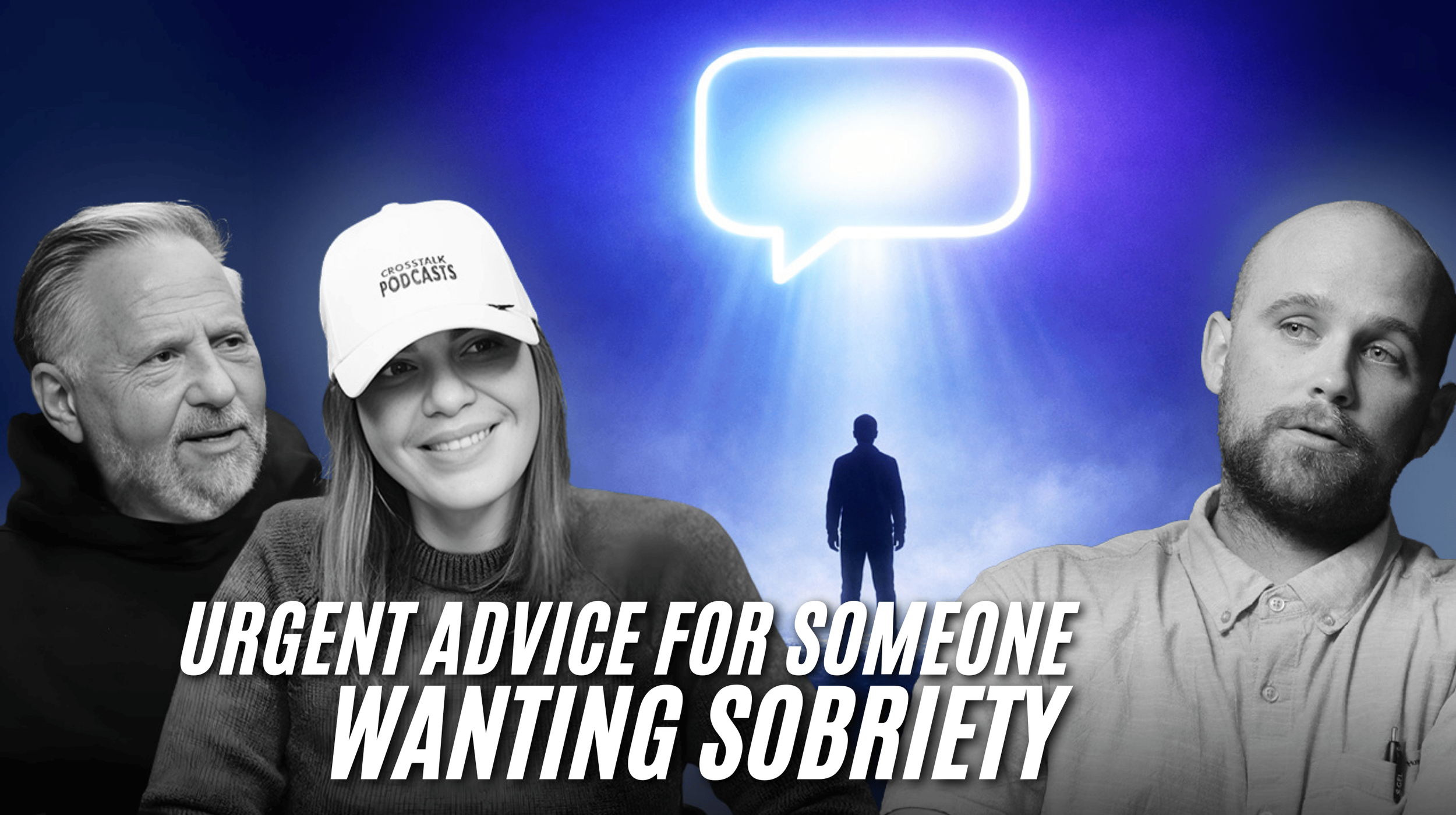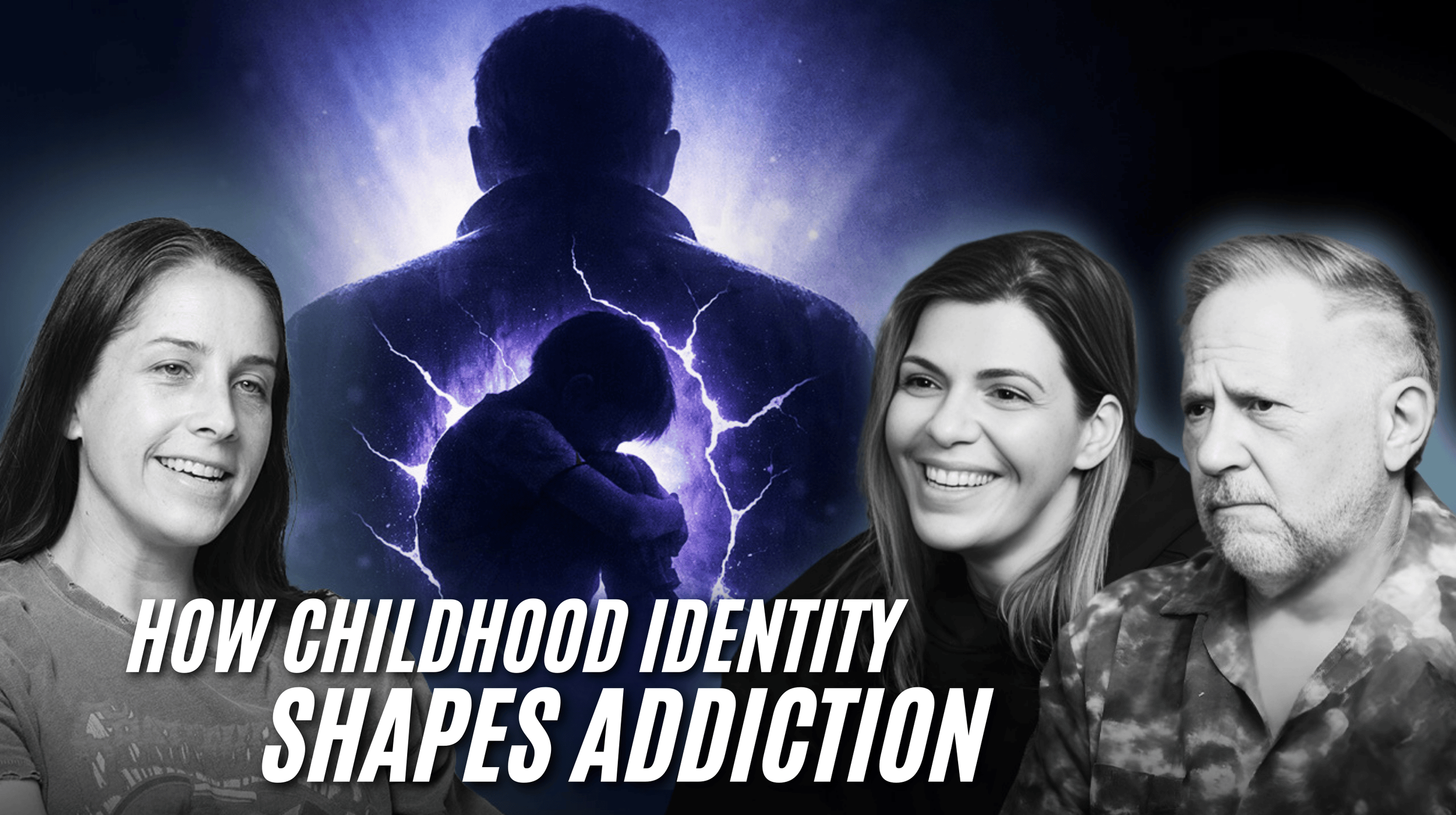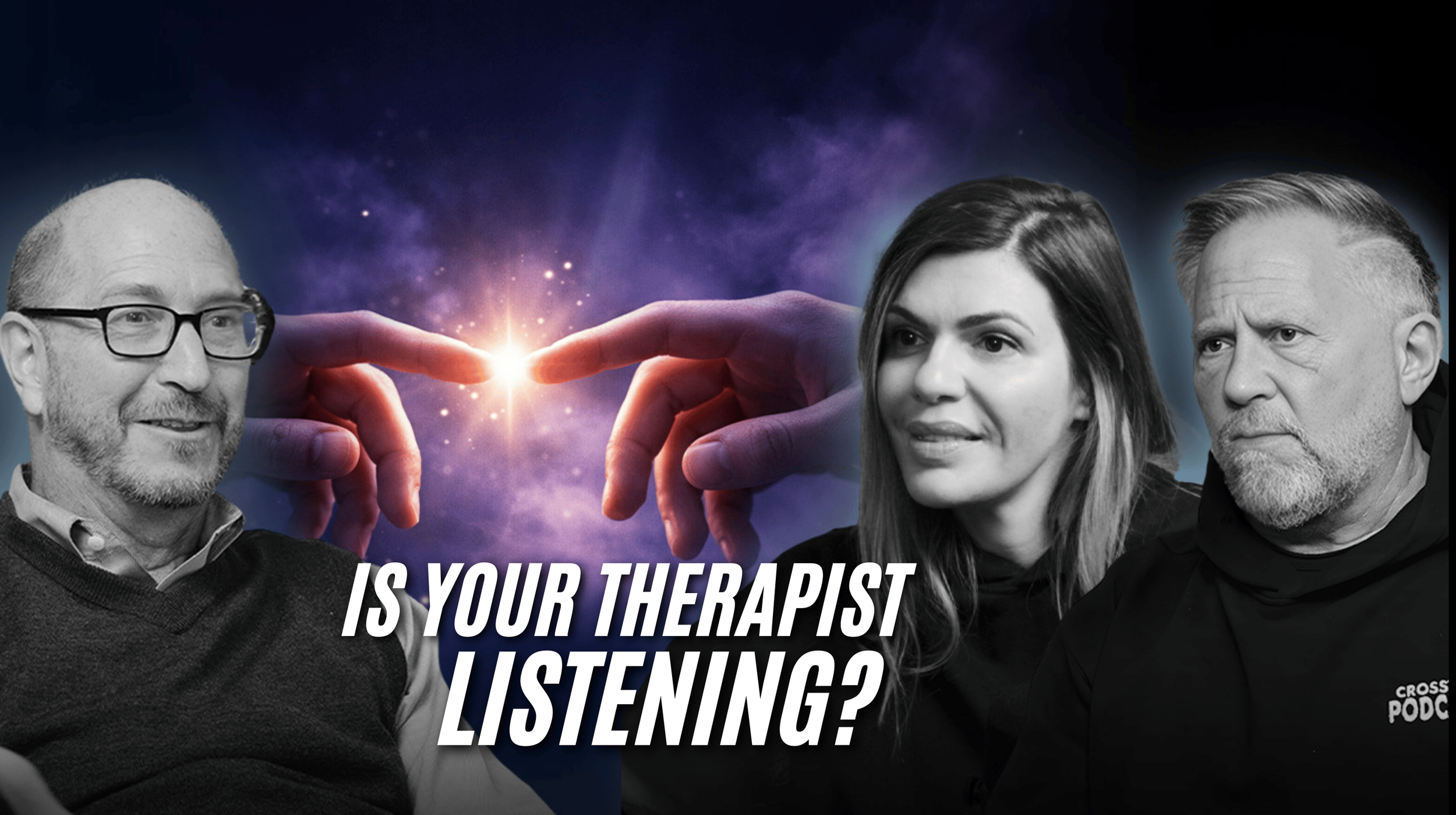Letting Go to Live Again: Natalie’s Journey from Darkness to Light | Natalie T.
Listen or watch on your favorite platforms
Meet Natalie, a former figure skater from Manhattan whose story of addiction began at age 12 with a blackout and spiraled into years of Adderall dependency, toxic relationships, and isolation. Despite multiple treatment attempts and relapses—even in sober living—nothing worked until she completely surrendered.
Growing Up with Shadows
Natalie was born into a family where addiction didn’t just “run”—it galloped. Raised on the Upper East Side of Manhattan, she had a privileged life: private schools, weekend homes in Connecticut, and summer getaways to Delray Beach. But underneath the polished surface was a legacy of alcoholism stretching back generations. Her father often joked, “Alcoholism gallops in our family,” a grim truth that shaped her earliest understanding of life. Despite her parents being sober during her early childhood, the fear of relapse and addiction hovered like a shadow over every rule, every glance, every unspoken expectation. She was a straight-A student, a competitive figure skater, and yet always felt something was off—like she had to work harder just to feel okay.
“I always felt a little bit like there was something wrong with me… I wasn't ready to see myself.”
First Drink, First Escape
At 12 years old, Natalie had her first drink—mudslides with a friend at their Connecticut home—and the love affair began. What she felt was not just intoxication; it was a chemical click. Her brain felt like it finally found what it had been craving all along. But even then, she blacked out and vomited all night. That became the pattern: drinking to blackout unless stimulants like Adderall or cocaine were involved. Afterward came the shame, the anxiety, the crushing belief that she had failed her parents. And still, she chased that high.
“Being drunk was the best thing I’d ever experienced in my life. I couldn’t believe I had lived without it.”
Spiraling in The Dark
In college and post-grad life, her drinking escalated. Parties, blackouts, hospital visits, cocaine, and Adderall became normal. She excelled on paper—graduated with a 3.7 GPA from Boston College—but inside, she was crumbling. She eventually quit her marketing job, unable to function. At 25, she was barely leaving her apartment, urinating in a pot to avoid seeing her roommate, living in pitch-black rooms taped with cardboard, and having cocaine and wine delivered to her door.
Her family didn’t fully know what was happening—until one night, after being up for three days, she called her mother and confessed something that shook the entire family. That phone call changed everything.
Breaking The Cycle
Her parents drove from Florida to New York and brought her to her first treatment center. But even there, she was only half-willing. She admitted to being addicted to Adderall and coke, but not alcohol. She stayed for 60 days, still craving wine daily, still in denial. Over the next four years, she cycled through sober livings, got kicked out, went to jail, spiraled, and lost everything—money, trust, and opportunities. But oddly, her final bottom wasn’t a dramatic crash. It was quiet. It was surrender.
Finding Peace
At 31, Natalie finally let go. She cried for two straight days with her sponsor and began showing up. She committed to a meeting every day for a year, followed every rule, and finally stopped trying to control everything. She lived in a halfway house for seven months and didn’t fight anything. There were no grand plans—just showing up, day after day. Fitness, movement, and a deeper spiritual connection became part of her foundation. She discovered that peace wasn’t something you chase—it’s something you receive when you stop fighting.
Life Today
Natalie is no longer hiding from the light. She moves through the world with honesty, clarity, and purpose. She still faces her character defects, but she does it without alcohol. She has learned to lean into her spiritual connection and trust that she is safe, loved, and enough. With over six years sober, she speaks with wisdom and warmth, helping others find their way. Her story reminds us that recovery isn’t about being perfect—it’s about being willing.
“If I could go back and tell my younger self anything, I’d say: you are safe. You are capable. You are worth it.”
FAQs
What are the signs that someone is addicted to alcohol or drugs?
A person may lose control over their use, experience blackouts, or continue despite negative consequences.Is addiction hereditary?
Genetics can play a role, especially in families with generational addiction patterns like Natalie’s.What is “surrender” in addiction recovery?
Surrender means accepting that you can’t do it alone and becoming willing to get help.Do you have to go to rehab to get sober?
Not always. Many people recover through meetings, sponsors, spiritual work, or a mix of methods.How long does it take to feel better in sobriety?
It varies, but many people begin to feel a noticeable shift in peace and clarity within the first few months.
Related episodes
ABOUT CROSSTALK
CROSSTALK reveals real stories of everyday people and notable figures, sharing their journeys from struggles to life-changing 'aha' moments with all kinds .


 Spotify
Spotify





